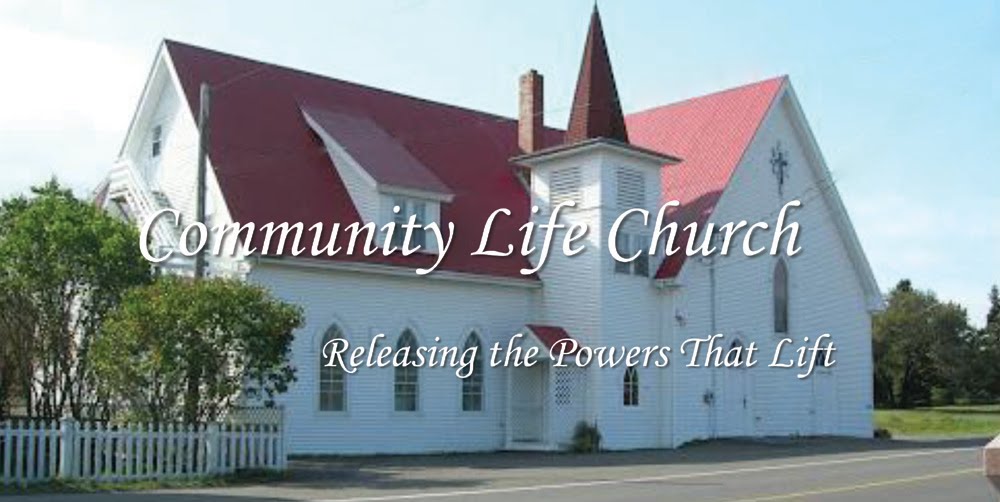“We hear our story of humanity’s original sin in Genesis 2. But this sin, as we’ve called it, really doesn’t look like sin at all; in fact, wanting knowledge feels like virtue! Hasn’t that ever bothered you? “You may eat indeed of all of the trees in the garden, but of the tree of knowledge of good and evil you are not to eat” (Genesis 2:17). Now why would that be a sin? It sounds like a good thing!
“In the seminary we called it moral theology. We ate bushels of the tree of knowledge of good and evil, trying to decide who was good and who was bad. On other levels, it unfortunately refined and even created the very judgmental mind that Jesus strictly warned against (See Matthew 7:1,2: "Do not judge, or you too will be judged. For in the same way you judge others, you will be judged, and with the measure you use, it will be measured to you").
“But when we lead off with our judgments, love will seldom happen. If the mind that needs to make moral judgments about everything is the master instead of the servant, religion is almost always corrupted.
“Some would think that is the whole meaning of Christianity, to be able to decide who’s going to heaven and who isn’t. This is much more a search for control than it is a search for truth, love or God.”
Rohr continues:
“I guess God knew that would be the direction that religion would take. So God said, “Don’t do it. Don’t eat of the tree of knowledge of good and evil.” What he’s trying to keep us from is a lust for certitude, an undue need for explanation, resolution and answers. Frankly, it makes biblical faith impossible.
“The major heresy of the Western churches is that they have largely turned around the very meaning of faith, not knowing and not needing to know, into its exact opposite - demanding to know and insisting that I do know! The original sin, brilliantly described, warned us against this temptation at the very beginning.”
Rohr concludes:
“So you see perhaps why false moral certitude is presented at the very beginning of the Bible as the original sin. It clears the way for faith, hope and love, all three (see 1 Corinthians 13:13).”
This is a humbling and sobering thought: the original sin is setting myself up as knowing with certainty what is right and what is wrong and judging everyone accordingly!
And any moral certainty I might think I have can block the way of deep faith, certainly blocks the way of humility and very certainly blocks the way of love. Something to think about.
(Rohr, Richard: "Things Hidden: Scripture as Spirituality", pages 37-39, St. Anthony Messenger Press, 2007)

